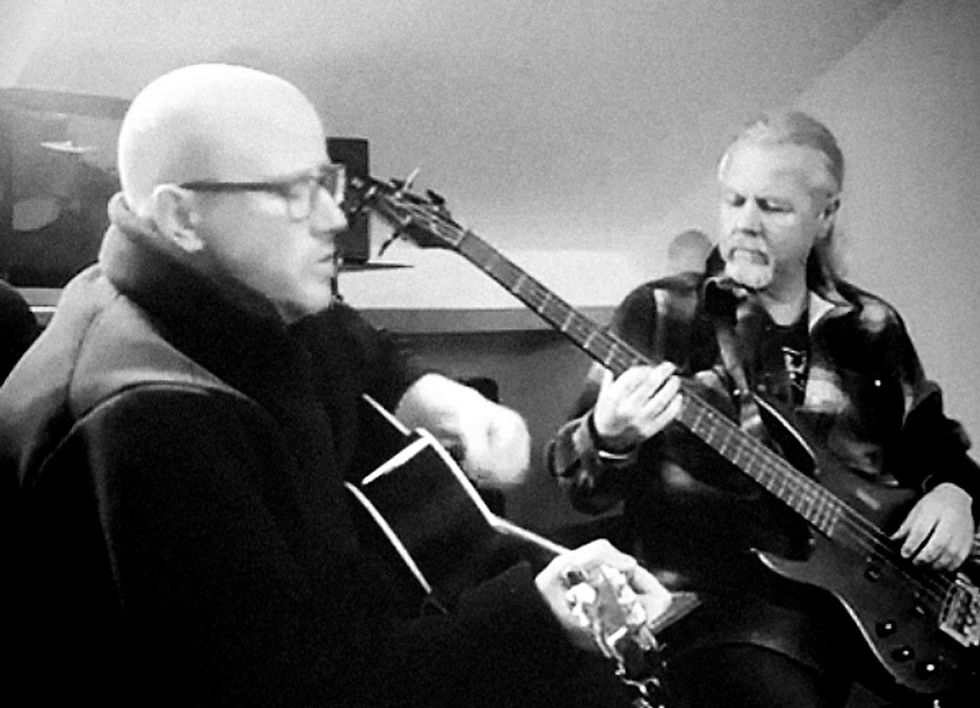Tired of the same old line about our train network
- Phil MacGiolla Bháin

- Jul 27, 2025
- 3 min read
Updated: Aug 1, 2025

TWENTY years ago, I was with colleagues in Dublin for a once -per-term meet-up of participants in a postgraduate psychotherapy course. It was organised across Northern Europe with students from Britain, Denmark, Iceland and Ireland. Every week in the age before broadband, we would ‘dial in’ to a message board and discuss the module we were all studying. Each nation in the collaborative project would have its own in-person seminar at the end of each term. That’s why I was in Dublin.
I had travelled down from Donegal the day before and stayed the night to be bright and early for the seminar. My colleagues knew that I had travelled by public transport, and at the end of business, they were all going for a bite to eat. One of them asked: “Phil, when does your train leave for Letterkenny?”
Now, remember, I was in a seriously well-educated company. Everyone on the course had to be educated to at least a postgraduate level. There were even a couple of PhDs in the room. Except for a GP from Kerry, the rest of them were from within M50ville, the modern Pale.
I immediately realised the comedic potential in this ridiculous question and, with a ham actor’s flourish, I said: “Oh, 1958.”
“Well, we could get an early bird, there’s a nice place at the top of the road,” a helpful colleague said.
“As in the year I was born,” I clarified.
I was the only person in that room who was aware that in Donegal, trains and rail lines connecting us to the rest of the island were a thing of the past.
The Great Northern Railway (Ireland) was formed in 1876 through the merger of the Irish North Western Railway, the Northern Railway of Ireland, and the Ulster Railway. The branch to Bundoran closed in September 1958.
My colleagues were genuinely dumbfounded when they realised that I was serious.
It was, in part, a partitionist vignette. The artificial line drawn across the island by the British carved out the Six County sectarian polity. The nature of that cartography
created the Irish Free State, which comprised 25 counties as an entity and an essentially marooned Donegal. For the newly created Crown Dominion, the railway lines would eventually be trimmed to state a greater truth—that the new ‘country’ ended at Sligo.
The railway network that my grandfather worked on during the revolutionary decade
connected the entire island. At the time of his death, partition was already affecting that essential transport infrastructure.
Sinn Féin’s Pearse Doherty, speaking in the Dáil recently on the All-Island Strategic Rail Review, stated in a debate that it is ‘simply unacceptable’ that Donegal is among the few counties on the island of Ireland that still have no rail network.He described us as ‘a forgotten county.’
Mr Doherty acknowledged that the review has proposed linking Derry and Letterkenny, but added that a direct line between Dublin and Derry was needed.
“It is absolutely appalling and it shows the effects of partition that we simply do not—in this day and age—have a connection between those two cities,” he said.
A high-speed rail network similar to that in Spain would immediately make Dublin a short commute from the west of Ireland. Suddenly, the available supply of housing for those employees in the capital would be massively expanded. Increase supply to match demand, and prices will come down. Our crisis of unaffordable accommodation would—rather rapidly—be positively impacted.
In Spain, their excellent rail network is seen as part of the nation’s central nervous system. Consequently, the Spanish state-owned railway operator, Renfe, manages the majority of passenger trains. I’ve travelled on their trains and it’s a joy. Clean, quick and very affordable.
Down the country, those lucky counties that do have trains aren’t at all well served. For example, Ireland is the only country in Western Europe that does not provide catering services on all trains.
Trolley services have been absent on the majority of Iarnród Éireann routes since catering services were halted during the Covid-19 pandemic.
I have a happy memory of the gorgeous food being served to me on a Madrid to Valencia train which was included in the price of the ticket. Both the fare and the fare were without equal here in Ireland.
If I were still in clinical practice as a therapist, then I would say to any client with a partitionist mindset that they would need more sessions!
Phil Mac Giolla Bháin is an author, playwright and journalist based in Donegal. He was a staff reporter and columnist on An Phoblacht for many years. His novel Native Shore, a political thriller with a strong Glasgow Irish theme, is available at Calton Books







Comments